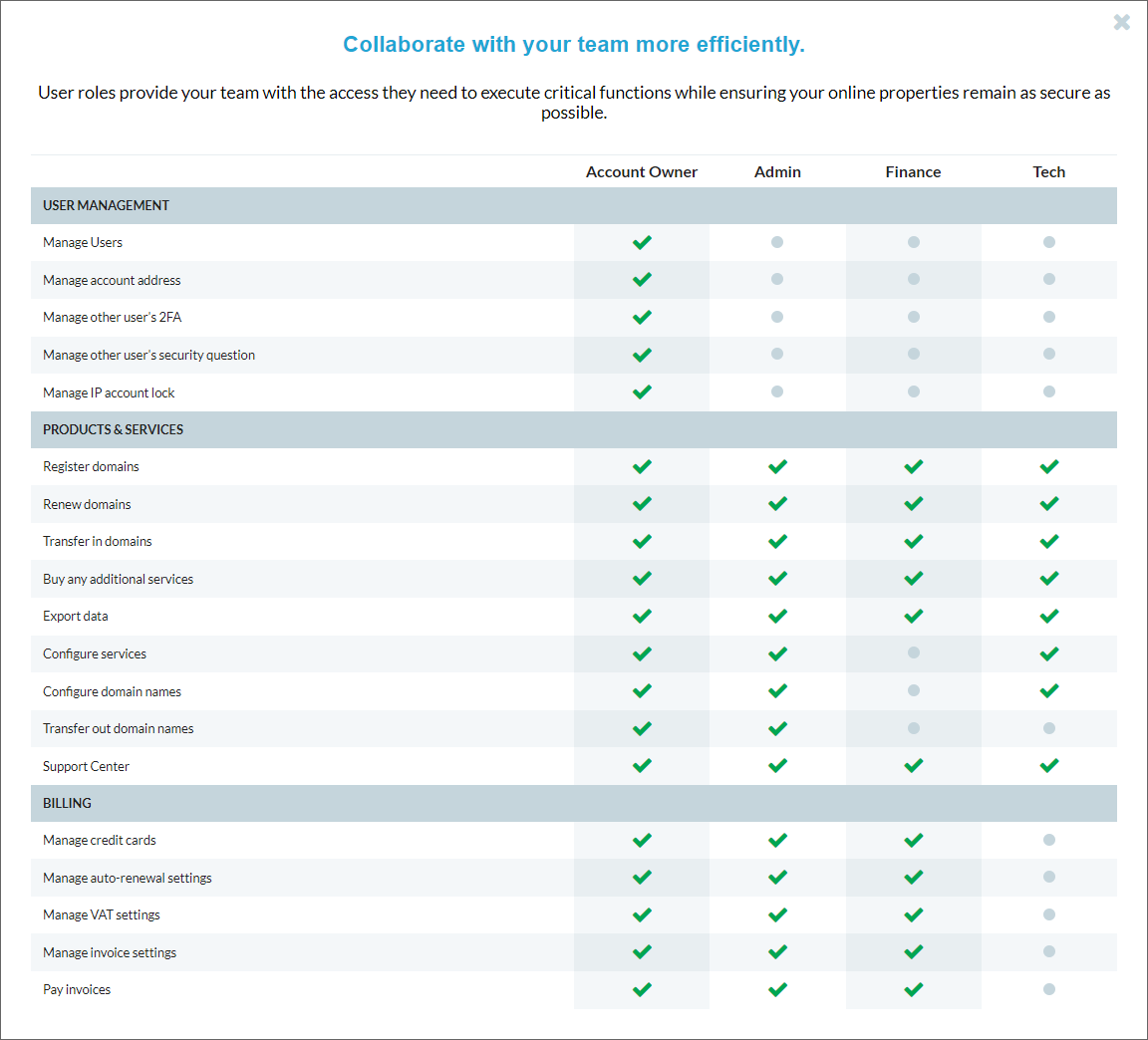
As industry standards move forward, providing accurate and verifiable contact information is more important than ever. With cybersecurity legislation tightening up, particularly with the introduction of initiatives like the NIS2 directive, the necessity of maintaining accurate information can’t be overstated.
Domain Contact Info vs Account Contact Info – What’s the Difference?
Domain contact info includes details such as the registrant, administrative, and technical contacts linked to your website’s domain name. Keeping this up-to-date ensures smooth communication from your domain registrar, crucial for domain renewals and important notifications. On the other hand, account contact info pertains to the primary contact details associated with your user account on various platforms and services. This information is vital for account security, password recovery, and receiving critical updates about changes to service terms or privacy policies. Failing to keep both sets of information current can lead to missed communications, potential security risks, and even losing access to your domain or accounts.
Benefits of Updating Accurate Contact Information
1. Preventing Lost Communication
Accurate contact information ensures that we can communicate with you effectively. This can apply to a number of areas. Whether it’s sending order confirmations, providing updates on your account, or quickly resolving specific issues that arise, having your correct contact details makes a world of difference. Imagine something going wrong with your domain, such as an incoming expiration, and we can’t notify you to renew because of a typo in your email address – it creates unnecessary stress and can lead to much bigger problems down the line.
2. Enhancing Security and Trust
With cybersecurity threats on the rise, providing verifiable contact information significantly enhances the security of your account. It acts as a safeguard, ensuring that sensitive information and updates reach the right person. This measure is essential in response to stricter cybersecurity legislation and data validation checks by registries. Introducing contact information protocols has notably raised the level of our verifications, improving user experience and bolstering security. At the end of the day, it provides peace of mind.
3. Providing Better Customer Service
When we have the correct information, our customer service team can offer personalized and efficient support tailored to your needs. Incorrect or outdated contact details can lead to delays in addressing your queries or misunderstandings about your concerns. On the other hand, precise information allows us to resolve issues quickly and improve your overall experience.
4. Improving Service Delivery
Accurate contact information is vital for the timely delivery of services and products. Delivery issues often arise from incorrect addresses or phone numbers, resulting in delayed services. By ensuring your contact details are precise, you help us deliver your purchases without a hitch.
5. Facilitating Account Recovery
Forgot your password or experiencing an account breach? Accurate contact details are crucial for recovering your account. In emergencies, knowing that you have reliable information on file speeds up the verification process and gets you back on track with minimal hassle.
Consequences of Providing False or Faulty Information
Providing false or sloppy information can lead to real issues. You can risk being mistakenly flagged for fraud or potential abuse, facing suspension from registries, and losing access to your account and services. In extreme cases, if an employee who opened an account leaves the company, you may face difficulties retrieving the account or domain, particularly if the employee listed themselves as the registrant. This can put you in a tough position to escape from.
Best Practices for Organizations
It is significantly easier to prevent security issues than to resolve them after they’ve occurred. To protect your digital assets, it’s advisable for a key stakeholder in the business to open your account. The account owner can then create users with specific permissions. Keeping data current and ensuring accurate account information helps maintain the integrity and security of your domains.
To help you assign the right permissions to the right people, here are some key terms. Ensure each of these is assigned appropriately within your organization:
- Owner: This should be the organization or main intended owner of the domain.
- Admin: An individual authorized to manage the account.
- Tech: An individual authorized to handle the technical implementation of the account.
- Finance: An individual responsible for the fees involved with the account.

To sum it up…
Providing accurate and verifiable contact information is essential for the well-being of your account with 101domain, especially in light of the recent NIS2 directive. Ensure your contact details are up-to-date and safeguard your digital assets by following the above best practices, and you should enjoy a much smoother domain management experience. As always, if you have any questions, our support team is just an email away.